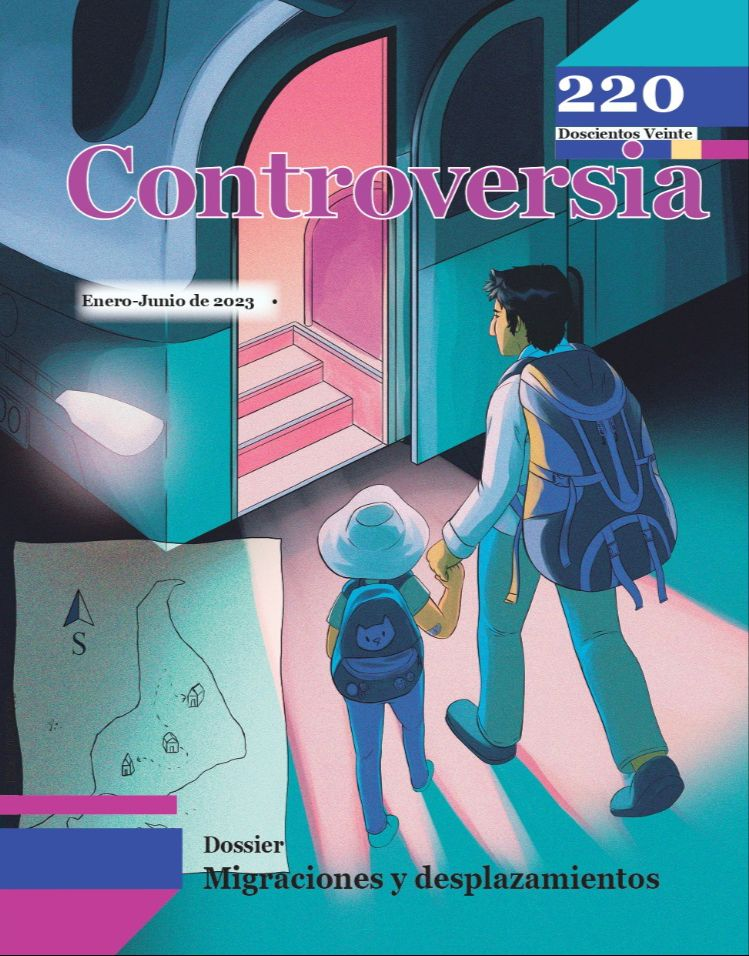Abstract
Latin America and the Caribbean have had a profound relationship with population mobility processes. Perhaps the best-documented dynamic has been the south-north Latin American emigration to the United States (US) and Europe. However, the widening inequality gaps and democratic closures in various nation-states have encouraged massive migratory flows between countries of Latin American and Caribbean geography.
It is from this discussion that the theme of the dossier for the Controversia journal, in its 220th issue, published by the Center for Popular Research and Education (Cinep) and the Institute of Intercultural Studies (IEI) of the Pontificia Universidad Javeriana Cali, revolves around the understanding of international population mobility and forced displacements within the same nation-states. The following questions guided the call for this issue: What kind of ethnographic and sociological reflections does the migratory and forced displacement experience in conditions of vulnerability provoke? What legal or conceptual tools need to be implemented to renew a human rights approach applied to the context of internal and international migrations? What effects do migratory phenomena and internal forced displacement have on public policies and the strengthening of democracy?

This work is licensed under a Creative Commons Attribution-NonCommercial 4.0 International License.
References
Álvarez Velasco, Soledad. (2016). ¿Crisis migratoria contemporánea? Complejizando dos corredores migratorios globales. Ecuador Debate, (97), 155-171



